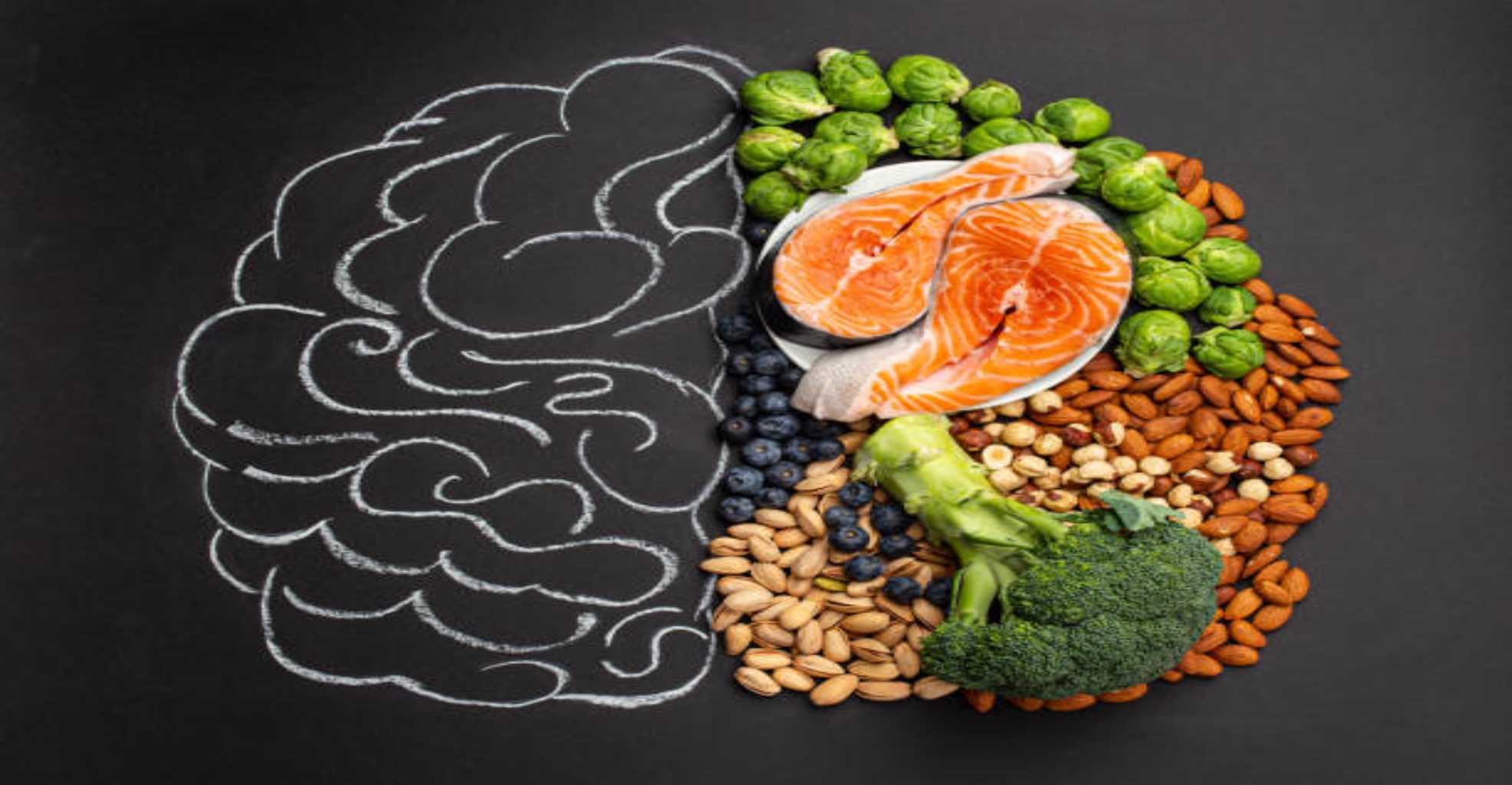The Connection between Mental Health and Nutrition
Introduction
The statement "you are what you eat" is more true than many believe, especially in the context of mental health. Although diet tends to be connected with bodily health, recent research shows that food plays a highly influential role on our state of mind. A healthy diet can improve mood, enhance cognitive function, and reduce the risk of mental illness, whereas a poor diet may cause anxiety, depression, and poor cognitive function.
In this blog post, we will elaborate on the intricate relationship between diet and mental well-being, the role of the important nutrients, and nutritional strategies for emotional well-being.
How Diet Impacts Mental Health
1. Brain Chemistry and Neurotransmitters
The brain requires a steady supply of nutrients to produce neurotransmitters—chemical messengers that regulate mood and cognition. For example:
- Serotonin, the “feel-good” neurotransmitter, is largely produced in the gut and influenced by diet.
- Dopamine, responsible for motivation and pleasure, is impacted by nutrient intake.
- GABA, which promotes relaxation and reduces anxiety, relies on amino acids obtained from food.
Lack of these critical neurotransmitter precursors can cause mental ailments such as depression, anxiety, and mood changes.
2. The Gut-Brain Axis
Gut and brain are connected through the gut-brain axis, a bidirectional communication system between the hormonal, immune, and nervous systems. A healthy gut microbiome supports mental well-being by:
- Boosting neurotransmitter synthesis
- Regulating inflammation
- Supporting the body's stress response
Foods with high levels of processed foods and sugars can wreak havoc on gut bacteria, inflammation increasing and making mental illness worse.
3. Inflammation and Mental Health
Chronic inflammation has been linked to illnesses like depression and anxiety. Trans fats, high sugar intake, and highly processed foods can create systemic inflammation, whereas an anti-inflammatory diet filled with antioxidants and omega-3 fatty acids can counteract these effects.
Key Nutrients for Mental Well-being
1. Omega-3 Fatty Acids
These can be found in fatty fish (mackerel, sardines, salmon), walnuts, and flaxseeds and play a role in brain function while also reducing inflammation that is found with mental diseases. Research has indicated that the omega-3s reduce depressive symptoms and also improve cognitive processes.
2. B Vitamins
B vitamins (especially B6, B9, and B12) help in the production of serotonin and dopamine. Leafy greens, eggs, poultry, and whole grains contain them. Deficiencies in B vitamins are linked with increased stress, irritability, and mental impairment.
3. Magnesium
This mineral has the ability to reduce stress and anxiety. Some foods that are high in magnesium include nuts, seeds, dark chocolate, and spinach. Magnesium relaxes muscles, is helpful for soothing the nervous system, and plays a part in reducing cortisol, the stress hormone.
4. Probiotics and Prebiotics
Probiotics (in yogurt, kefir, and fermented food) and prebiotics (in fiber-containing foods, e.g., garlic, onions, bananas) are gut aids that support healthy moods. Healthy gut microbes improve better emotional coping and reduced depression.
5. Vitamin D
Also known as the "sunshine vitamin," a deficiency of vitamin D has been linked with an increased risk for depression. Vitamin D can be obtained in the form of sun exposure, fatty fish, and fortified products. Vitamin D deficiency has been tied to seasonal affective disorder (SAD) and other mood disorders.
Food That Causes Mental Harm
There are some types of foods that are bad for mental health:
- Refined Sugars: Blood sugar fluctuations and mood swings and irritability can result. High sugar intake is associated with the onset of depression and anxiety disorders in the long term.
- Processed Foods: Artificial additives and preservatives are present in high amounts, which result in gut imbalance and inflammation, which are harmful to mental health.
- Caffeine and Alcohol: Excessive consumption can disrupt sleep, heighten anxiety, and cause depression.
- Artificial Sweeteners: Some artificial sweeteners, such as aspartame, have been linked with mood disorder and neurological impairment.
Dietary Approaches to Mental Well-being
Become a Whole-Foods Dieteer
Consume natural, minimally processed foods such as fruits, vegetables, whole grains, lean meats, and healthy oils. A diet of a Mediterranean type has been found to lead to improved mental well-being.
Hydrate
Dehydration can lead to fatigue, poor concentration, and disturbance in mood. Take at least 8 glasses of water per day.
Eat Regularly to Maintain Blood Sugar Balance
Skipped meals or too much intake of sugar might lead to unstable blood sugar levels, which can affect mood as well as energy levels. Stable ingestion of complex carbohydrates and proteins is sufficient to prevent mood swings.
Prioritize Gut Health
Add foods high in fiber, probiotics, and fermented foods to have a healthy microbiome. Having a healthy gut guarantees the optimal production of neurotransmitters and mitigates symptoms of depression and anxiety.
Restrict Stimulants and Alcohol
Reducing consumption of caffeine and alcohol can improve the quality of sleep and emotional stability overall. Excessive drinking has been found to be related to increased rates of depression and anxiety disorders.
Consider Professional Help
Consulting a nutritionist or health care provider can help create an individualized dietary plan tailored to the mental health needs.
The Role of Lifestyle Factors in Mental Well-being
While diet is a key element of mental well-being, other lifestyle elements contribute to emotional well-being as well:
- Maintaining Regular Exercise: Exercise increases endorphin levels, which boost mood and reduce stress.
- Quality Sleep: Bad sleep has a detrimental impact on emotional stability and cognitive ability. A healthy diet with sleep-promoting foods like magnesium and tryptophan can improve sleep quality.
- Stress Management: Mindfulness, meditation, and relaxation activities can complement a good diet in ensuring mental well-being.
There is no argument as to the interrelation between diet and mental health. People are able to promote emotional well-being, reduce the risk of mental health disorders, and enjoy optimal cognitive functioning by making rational diet decisions. On an optimal nutrition diet and other healthy lifestyle habits, it is a good intervention for promoting good mental health.
It gives us the power to be in control of our mental health through food by knowing the connection between food and mood. It requires small, consistent alterations to the diet to produce dramatic changes in mood, energy, and overall life quality. With attention to nutrient-dense foods and the avoidance of nutritionally harmful eating habits, we can build healthy mental and physical health over time.







